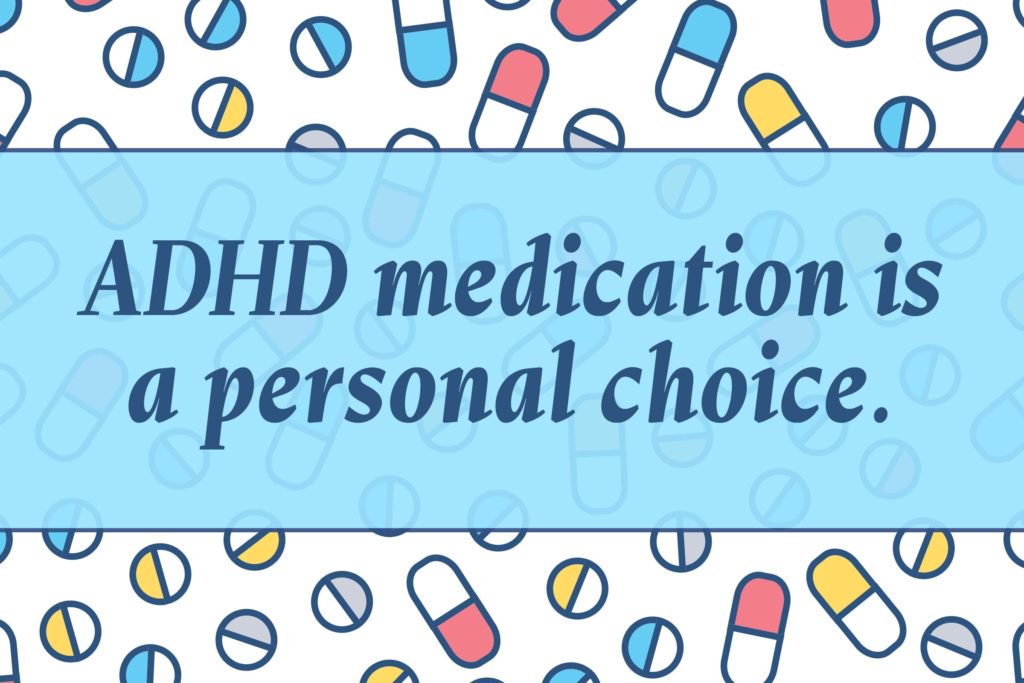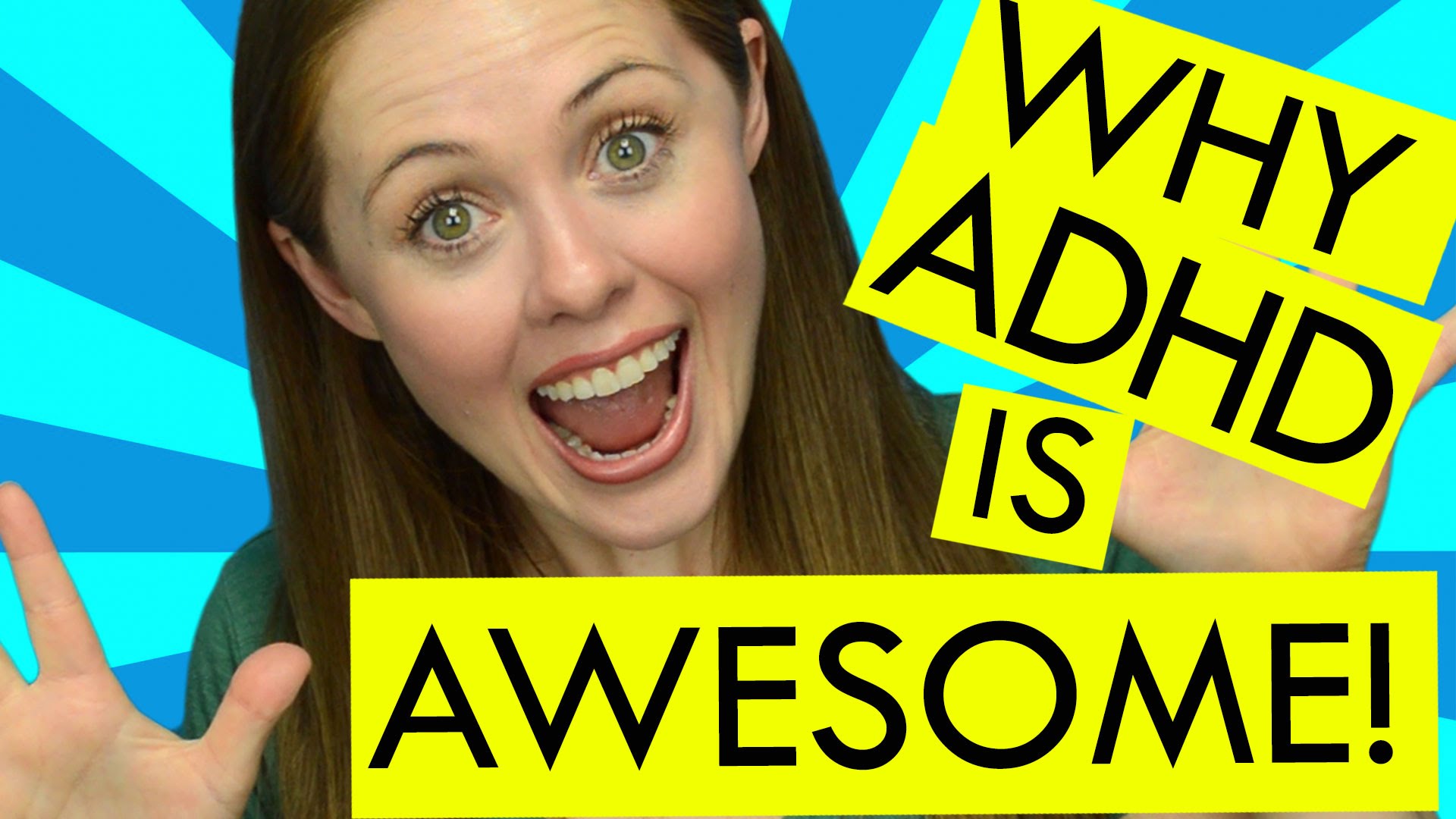Unsure whether your child needs meds for ADHD? This checklist will help you make an informed decision. Here’s what you need to know.
It’s a personal choice
There are many myths about ADHD (attention-deficit hyperactivity disorder), including that kids with ADHD are lazy and disorganized. But there are many factors and feelings to consider before you decide whether to go with ADHD medication for your child. It’s a very personal choice, according to Elizabeth Harstad, MD, MPH, a developmental behavioral pediatrician at Boston Children’s Hospital and an expert for Understood.org. Before you decide to medicate or not to medicate for your child’s ADHD, ask yourself these questions.
Are you confident in the ADHD diagnosis?
Just because your child is hyperactive or has difficulty paying attention doesn’t mean your child has ADHD. Make sure your child has had a thorough ADHD evaluation before considering ADHD medication. These are the other conditions often mistaken for ADHD.
Are you familiar with all types of ADHD treatment?
While medication is generally the most effective form of treatment for ADHD in children, there are other options, such as behavior therapy or individual counseling, that you may want to consider.
Do you see a significant potential benefit from medication?
Which aspects of your child’s challenges would be helped by ADHD medication? Which would not? You may want to discuss this with the prescriber.
Is your child on other medications that could potentially interfere with new meds?
Make sure you talk to your doctor about how the two medications may interact. These are the signs you’re taking too many prescription drugs.
Are you willing to put in the effort required to fine-tune the medication?
It may take some time and energy to find the right ADHD medication and dosage. Are you prepared for that? (Don’t miss these secrets your pharmacist won’t tell you.)
Would your child be able to take medication regularly?
Your child will need to not only find the right medication and dosage, but also understand when to take it and how to deal with ADHD medication rebound. Is your child responsible enough to take medication regularly? If not, would you be able to supervise the medication schedule?
Are you prepared for the possible side effects of medication?
All medications can have side effects. Talk to your prescriber about what to expect. In the case of ADHD medication, side effects may be different depending on whether your child tries a stimulant or non-stimulant medication. Be aware that these side effects may go away on their own after a few days. If they don’t, talk to your doctor about how to adjust the medication or the dosage as needed.
Does your child understand the risks of ADHD medication misuse?
Some kids may unintentionally misuse ADHD medication. Other kids may deliberately take a higher dosage than what is prescribed or “share” medication in school or at a party. Make sure your child understands the responsibility and the seriousness that comes with taking ADHD medication. Misuse can lead to abuse and even addiction in rare cases.
Do you have a plan in place for how to handle medication vacations?
Do you plan to have your child take ADHD medications 365 days a year? Would you take a break over the weekend, during the summer or when you go on a family vacation? For some kids a “drug holiday” is a good idea. For others it’s not.
Is your child on board?
You may be ready for your child to take ADHD medication, but is your child equally interested? Does he understand the purpose of the medication? Does he have concerns? Is he worried about side effects? It’s important that your child not feel like medication is being forced on him, and truly understand the benefits and risks of any medication regimen.





